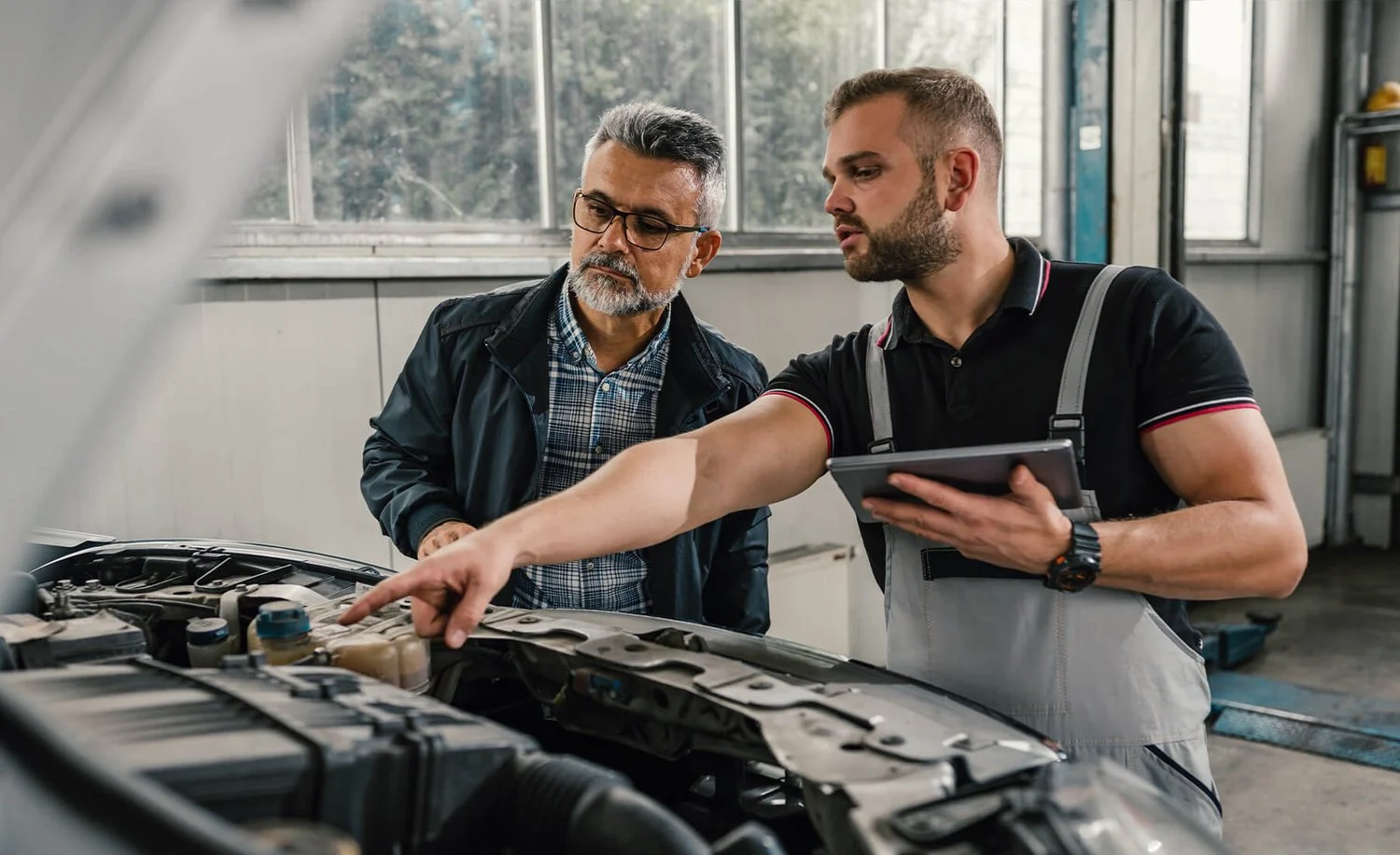Many rely on their cars as transportation, making regular car maintenance and repair essential for many. Yet the world of auto care can often be clouded in myths and misperceptions.
Distinguishing between facts and fiction is key to making wise decisions and keeping your vehicle in top condition. Below we explore some of the more frequently held misperceptions about car maintenance and repair.
Myth 1: Oil Changes Are Not Necessary
Engine oil is an integral component of car health, as its lack can cause friction to build up quickly and cause internal parts to wear down rapidly. Without sufficient amounts of clean engine oil, friction builds quickly causing internal parts to wear away faster.
Motor oil also lubricates the engine’s internal components to protect them from wear and tear, increasing fuel efficiency and performance. Modern cars feature numerous engine controls which rely on motor oil to operate correctly – such as those responsible for gas mileage, emissions emissions and vehicle power.
Misinformation surrounding car maintenance can often cost drivers money and lead them down an incorrect path when making decisions for their vehicles. Read on to uncover some of the most commonly heard misperceptions pertaining to maintenance issues – from oil change myths and dealership warranties, all the way up to common car maintenance myths that need dispelling as they could result in costly mistakes for drivers.
Myth 2: All Fluids Are Equal
Cars contain numerous parts and systems that work together to keep them running for years on end, but this also means there are countless myths regarding maintenance and repair that could compromise its operation and potentially harm it.
These misconceptions often revolve around fluid service. It is vitally important to realize that not all fluids serve equal roles for your vehicle’s performance, and understanding their roles is imperative in understanding this topic.
So you may have heard that using premium fuel in your vehicle to increase performance will do just that, however this is often untrue and may even damage its engine. Instead, to boost car performance it is best to follow the recommended service schedule in your owner’s manual and ensure all fluid levels are optimally at their levels.
Myth 3: Brake Pads Last Forever
Brake pads are the only part of the braking system which come in direct contact with rotors, and many drivers assume they’ll last forever. But brake pad wear depends on a variety of factors such as vehicle make and model, driving habits and environment – aggressive braking such as slamming on or riding them can quickly wear down brake pads, while city driving requires more braking than highway cruising so contributing to early pad wear.
No one knows for certain how long brake pads will last, but the best way to prolong their lifespan is with safe driving techniques. A few small adjustments can help improve driving skills, reduce friction levels and slow the wear-and-tear on them. Furthermore, following your owner’s manual’s recommended schedule for replacing brake fluid can prevent water damage to internal system components that could require costly repairs later.
Myth 4: Dealership Repairs Are Necessary
While dealerships may provide access to technicians experienced with your car brand, they also tend to be more expensive than independent shops and must use original equipment manufacturer (OEM) parts, which are designed specifically by your car’s manufacturer for replacement purposes.
Some drivers mistakenly believe that taking their vehicle to a non-dealership shop will void its warranty, but this is not true as long as repairs are conducted by certified technicians who meet manufacturer’s standards. A comprehensive checkup with an experienced mechanic may uncover issues which will save both time and money later.











